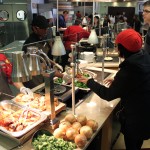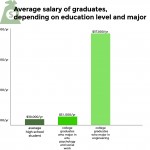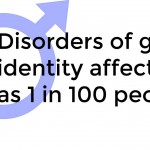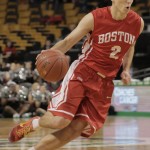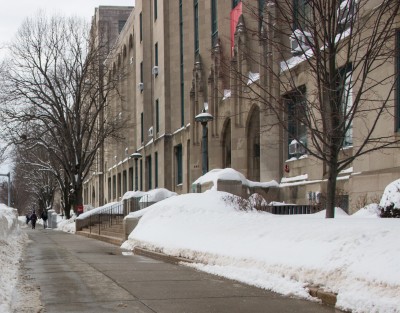
Twenty-one professors on Boston University’s Charles River Campus have been promoted from associate professor in recognition of their high performance in their fields and in the classroom.
Julie Sandell, associate provost for faculty affairs at BU, said the university rewards “excellent performance” with promotion.
“We have really terrific faculty members,” Sandell wrote in an email. “The capsule statements about them show the breadth of the disciplines we have and a little about their accomplishments, and every one of them is really outstanding.”
The faculty members who earned the full professorship are Thomas Berger, Sean Elliott, Robert Pollack, Leonid Reyzin, Christopher Schneider, Daniel Segré, Irene Zaderenko, Christopher Daly, Calin Belta, Edward Damiano, Kamil Ekinci, Martin Herbordt, Catherine Klapperich, Elise Morgan, Roberto Paiella, Muhammad Zaman, Martin Amlin, Joshua Fineberg, Michael Reynolds, Edward Riedl and Marshall Van Alstyne, BU Today reported.
The newly promoted professors come from five of the university’s undergraduate schools, the College of Communication, College of Fine Arts, School of Management, College of Arts and Sciences and College of Engineering. Nine are from ENG, and seven are from CAS. Three come from CFA, two from SMG and one from COM, with one of the professors representing two schools.
Thirteen faculty members on the Charles River Campus became full professors during the 2013-2014 academic year, The Daily Free Press reported on March 23, 2014. Six were promoted to full professorship on the Medical Campus in the same year, the FreeP reported on March 19, 2014.
Sandell said the number of promotions varies from year to year, and there is no set number.
“Faculty members meet with their department chair every year to discuss performance, and if the faculty member and the chair agree that the person has made enough progress in research, teaching and service since their last promotion (to Associate Professor), the faculty member can be considered for promotion to Full Professor,” she said.
There is no required timeline for associate professors to become full professors, Sandell said.
“The process is initiated by the faculty member, so some years, there are lots of people who go through the promotion process, and other years there are fewer,” she said. “Some people are ready quickly after becoming Associate Professors, and other people take many years to be ready for promotion to Full Professor.”
The new full professors will assume more responsibilities with their elevated status, including being asked to serve as department chairs or program directors, Sandell said.
Several of the professors said they are proud of the accomplishment and what may come as a result of earning the full professorship.
Morgan, a newly promoted professor of mechanical engineering in ENG, said she looks forward to expanding her research portfolio.
“[This allows me] an even greater freedom to explore what I think will be the most important research questions, now and in the future,” she said. “The title of full professor signals that we have enough international reach to assemble the kinds of resources and collaborations that are needed to really address those questions.”
Segré, who teaches biology, bioinformatics and biomedical engineering in CAS, said he is excited for new privileges, but will still work with students just as he has.
“I guess [the promotion offers] the incentive to try new initiatives that may involve more collaborations, but to some extent the science will continue in the same way, I hope, with newer projects,” he said.
Segré said the new position will help him move forward and “experience new challenges.”
“I’m focused on thinking about the opportunities and trying to do exciting science with the students in my lab and the colleagues at the university,” he said. “I’m grateful to the collaborative environment, the opportunities for exchange of ideas, the support of colleagues, which I think is what makes life at the university what it is.”

